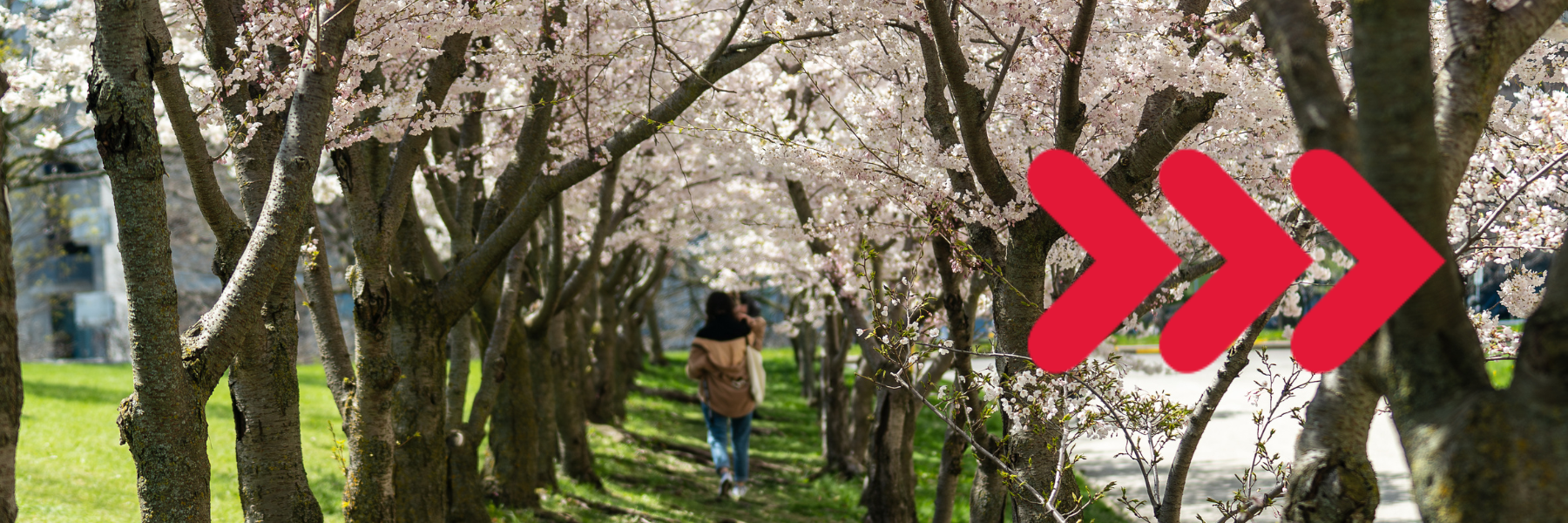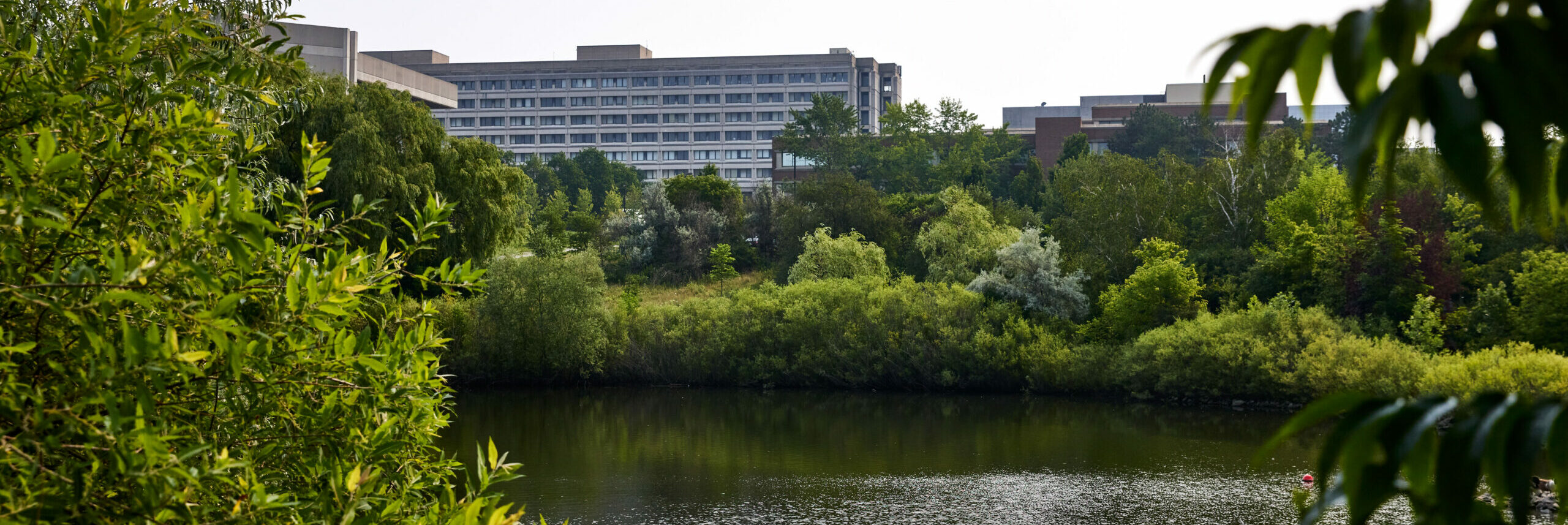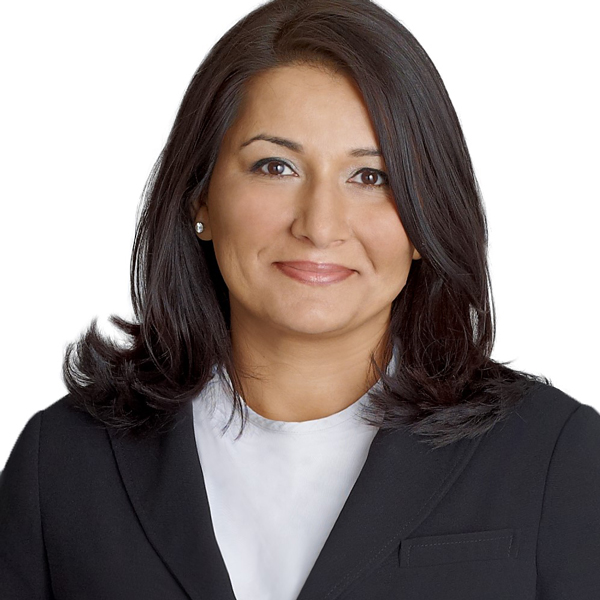Voir la version française
At a town hall on Monday, June 10, the York University president and senior leaders will be walking through the recently approved three-year budget plan. The board-approved plan is the result of prudent forecasting, sector analysis and community input. It outlines institutional priorities that recognize the significant budget challenges facing York University, and most other institutions across Ontario, and highlights opportunities for addressing them.
Over the past several years, the University has worked diligently to advance the priorities in the Senate-approved University Academic Plan 2020-2025: Building a Better Future. By taking advantage of emerging opportunities in a rapidly changing higher education landscape, the University has continued to invest in its growth as a leading institution in post-secondary education, laying a strong foundation for its financial stability. Careful scenario planning also facilitated the University’s ability to mitigate much of the consequences throughout the pandemic, including the closing of borders around the world and the rapid shift to online education.
Nonetheless, the longer-term impact of COVID-19 in combination with other global shifts in population growth and student mobility, and the more recent cap on international students imposed by the federal government, have significantly disrupted the higher education sector. This has resulted in lower enrolment at the undergraduate and graduate levels in 2023-24, which will impact subsequent years. Additionally, in Ontario, the government’s tuition freeze extension through to at least 2026-27 has further reduced revenue in the sector, compelling the University to reconcile its expenditures with declining student numbers and revenue.
The combined impact of these factors, exacerbated by the recent labour disruption and Bill 124 reopener settlements, has created a critical financial situation for the University that is only partially addressed through the carry forward accumulated over the past several years. The University must close an operating gap of no less than $30 million in 2024-25, $80 million next year and $90 million the following year. The cumulative shortfall, if unaddressed, threatens to put the University in a negative financial position by 2026-27.
The University remains focused on providing a high-quality, research-intensive learning environment committed to strengthening the well-being of the communities it serves. The collective efforts of faculty, staff, instructors and students, together with investment from the government, donors and partners, continue to support the realization of this vision. Factors contributing directly to the University’s positive momentum include enhanced scholarships and the development of new services and programs to meet the needs of students and employers; the opportunity to recruit additional students to the Markham Campus; the positive impact the proposed medical school is already having on York’s reputation; and research successes like the Connected Minds initiative, the recent NSERC CREATE grant to study geomagnetic storms and a grant from the province of Ontario to study sustainable research technologies.
This progress is reflected in global and national rankings. For example, the University climbed more than 100 spots in the recent QS Sustainability Rankings, placing 118th out of more than 1,400 institutions globally, and was recognized as a greenest and top diversity employer in Canada.
The road ahead
Nevertheless, swift, decisive action is needed for the University to align expenditures with the reduction in enrolment revenue. To do so with minimum impact on the University and its community, continued investment in future growth is imperative, including program enhancement and development, pedagogical innovation such as online and flexible delivery, strategic enrolment management (SEM), research, innovation and commercialization, while also streamlining administrative overhead and diversifying revenue sources.
Along with embedding additional contingencies into budgets that reflect the increasing uncertainty in higher education, recent cost-saving measures include reducing discretionary operating expenses such as travel and hospitality; deferring renovations; and consolidating academic units. The University remains steadfast in its commitment to control costs and prioritize strategic initiatives that will help maintain its positive trajectory and continue to strengthen its impact and reputation among global universities.
The University has identified 17 further actions to guide these efforts. Next steps include consolidating working groups tasked with leading these initiatives and establishing targets and benchmarks to measure progress. Along with actively engaging the Board of Governors, Senate and union partners, the president is inviting the entire University community to participate in a town hall on Monday, June 10. This is one of a number of identified opportunities to discuss the budget and action plan.
The collaborative effort of the whole of the University community will be crucial in defining and implementing the best possible recovery plan, ensuring York University continues to thrive for future generations.








